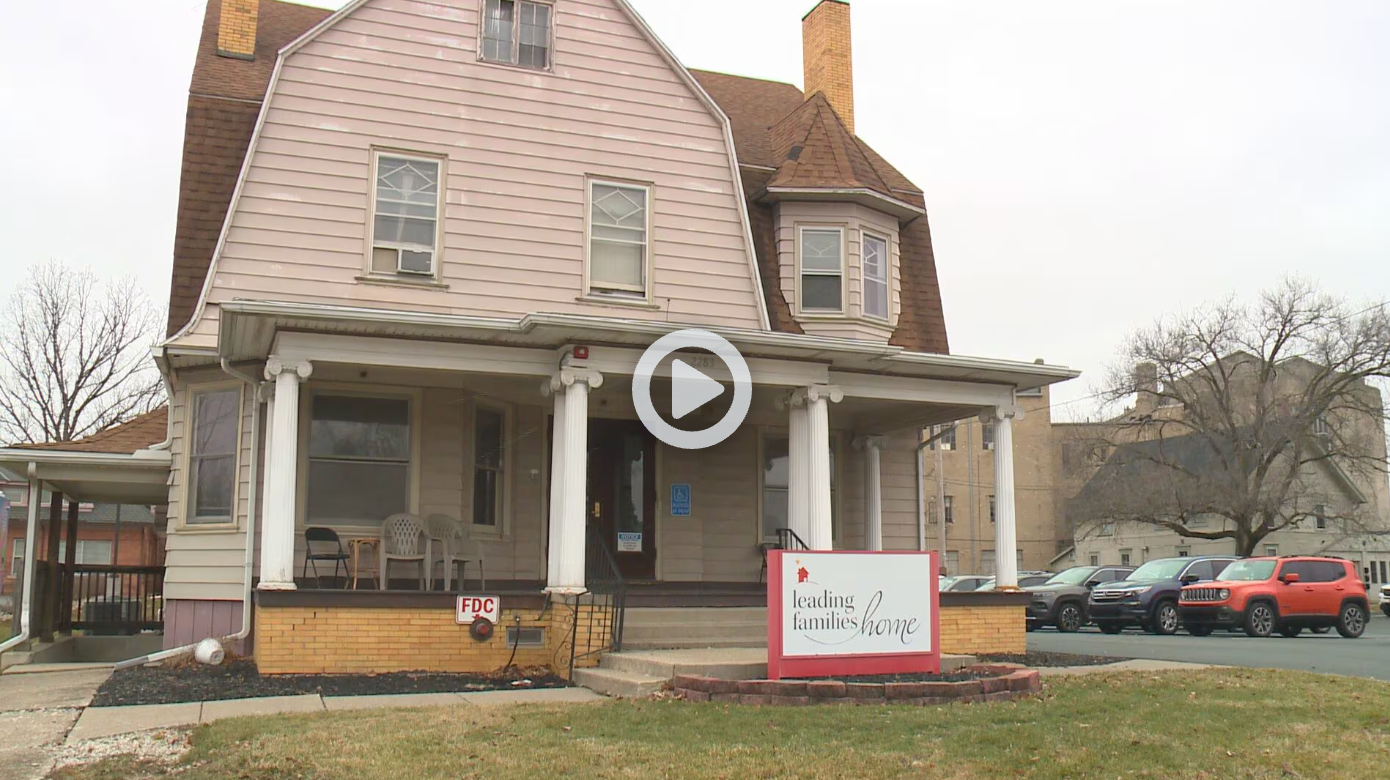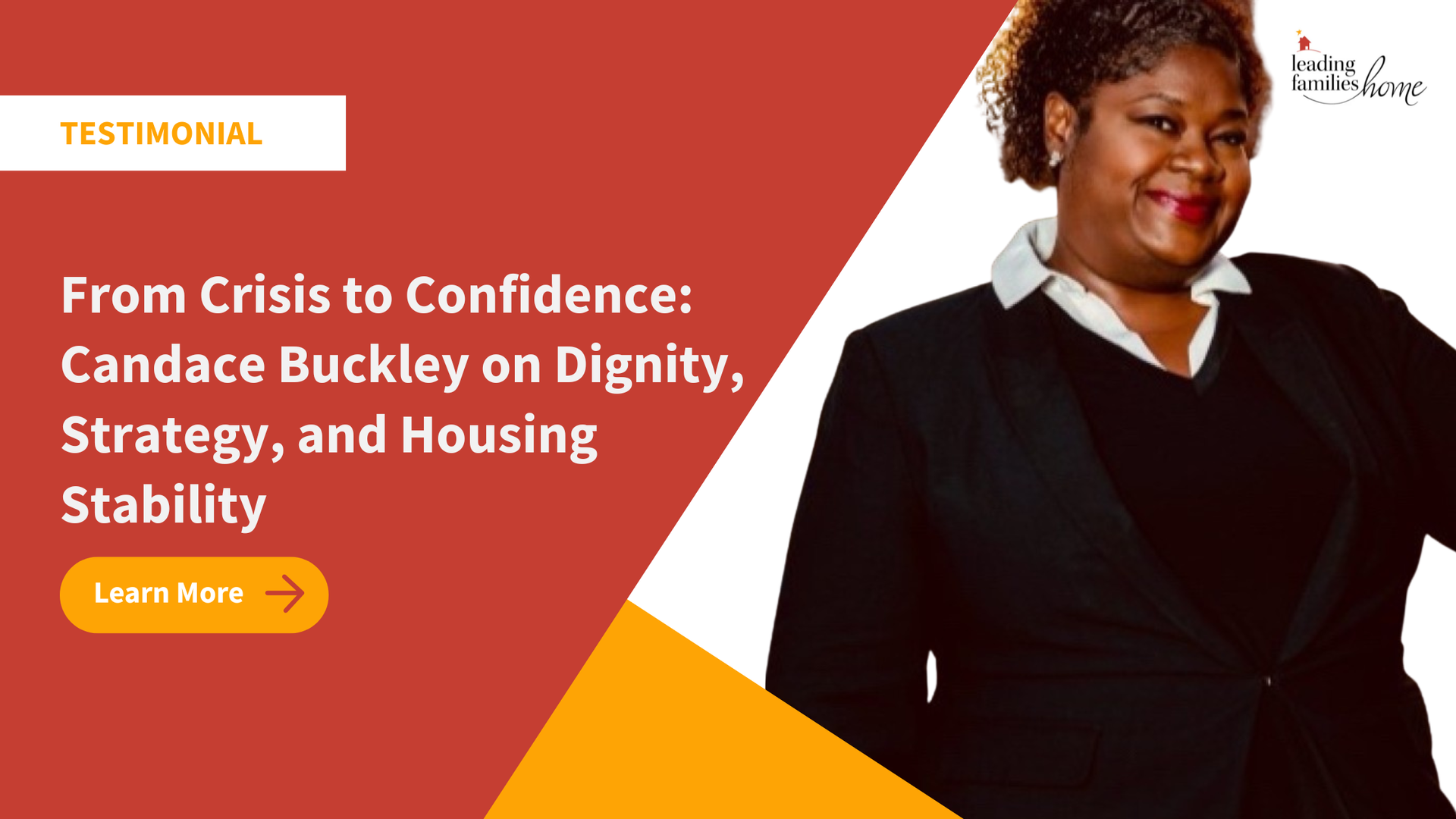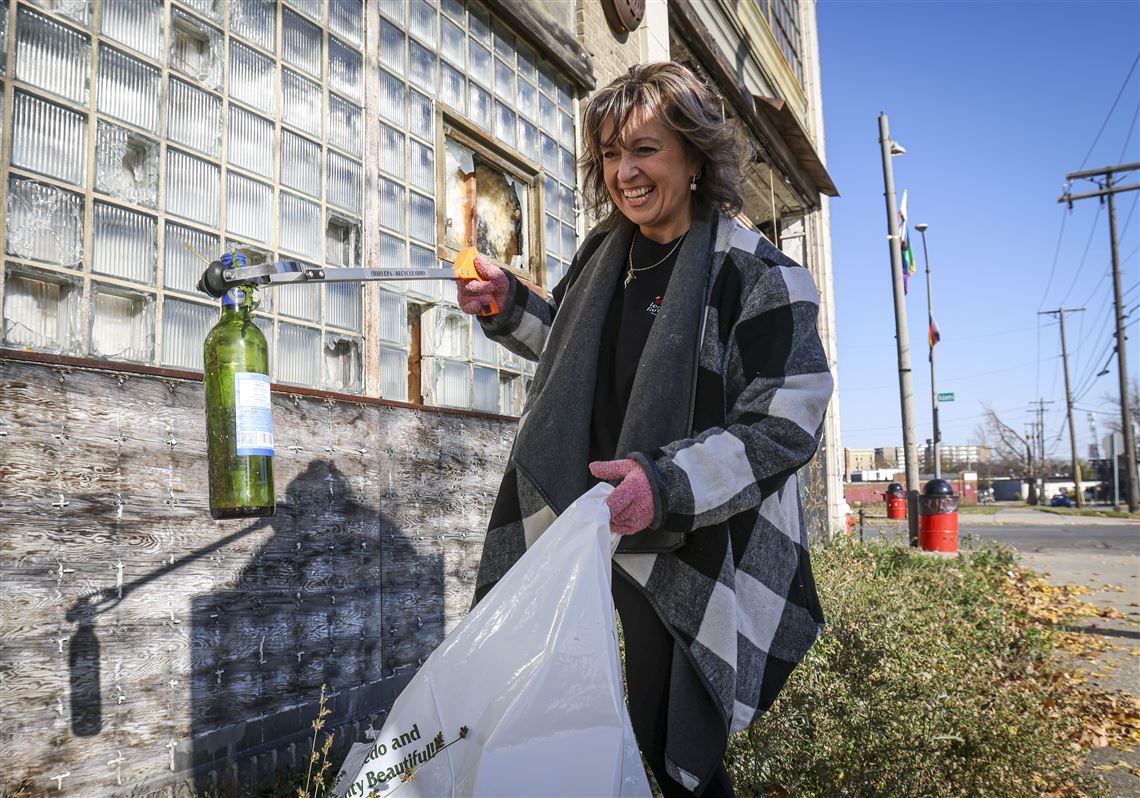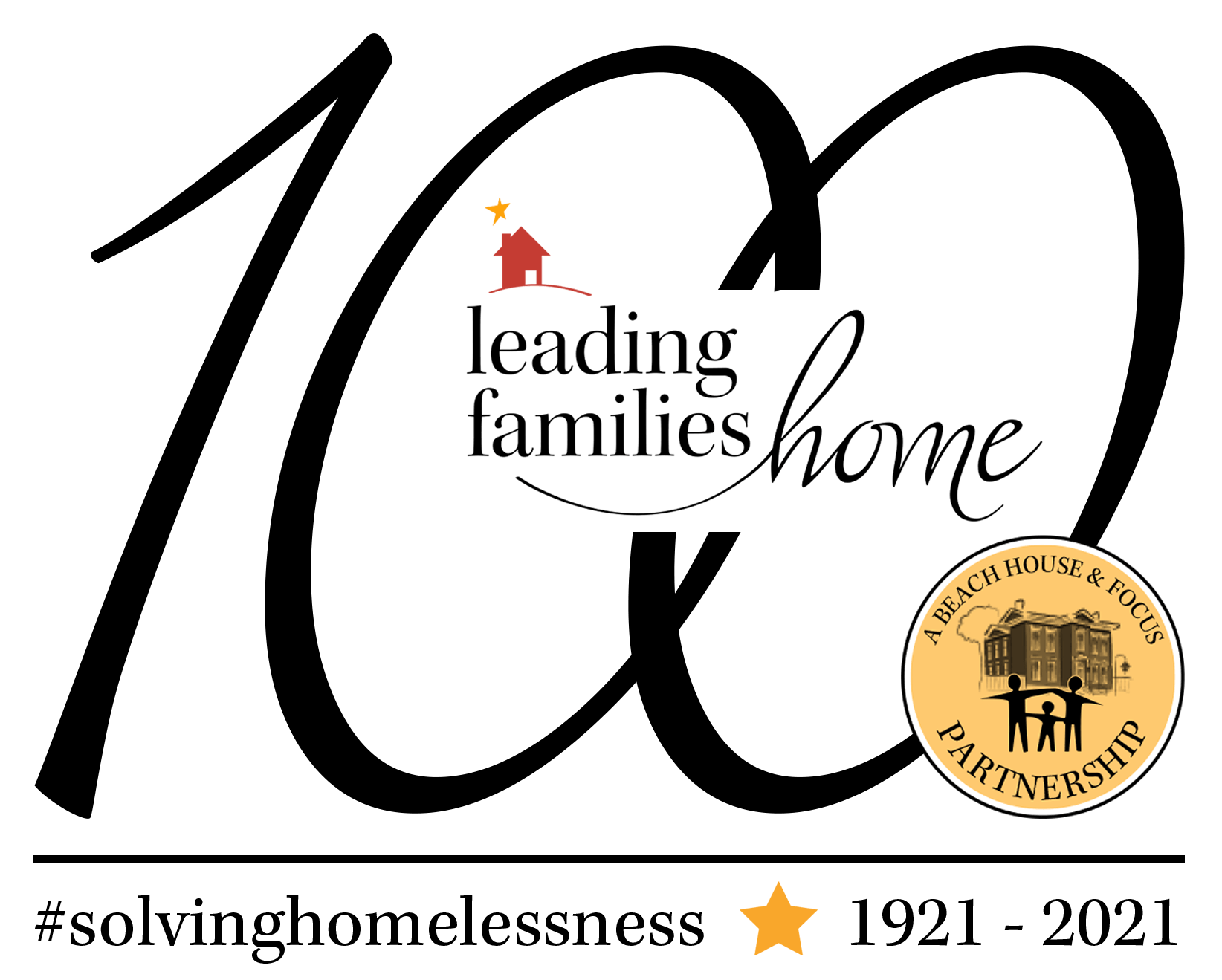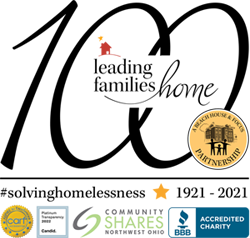November 21, 2025
About 75 volunteers participated in the first-ever UpTown Cleanup Day on Friday. Beyond the obvious goal of helping one of Toledo’s near-downtown neighborhoods make more strides toward a comeback, the event had a more serious objective for some of the participants: keeping an eye out for homeless people in need of services. The Toledo Lucas County Homelessness Board was one of the event partners for that reason. It viewed the cleanup as a chance to become more visible and possibly connect more directly with those in need, said Julie Embree, the board’s executive director. “There’s been an increase in the number of folks on the street, with the economy the way it is and the lack of affordable housing,” she said. “We want to provide grace to our homeless folks.” Toledo’s regular number of 588 shelter beds are at capacity, Ms. Embree said. “There are more than 250 people on wait lists now,” she said. Sandra De Steno, United Way of Greater Toledo 211 director, said that wait list includes about 175 families. The last time the need was this great was during the coronavirus pandemic. She said relief came back then in the form of the American Rescue Plan Act of 2021. Also called the coronavirus stimulus package, ARPA provided $1.9 trillion in federal money to help cities nationwide. Now, there are “fewer and fewer resources to stabilize them,” Ms. De Steno said of homeless people. “There’s a lot of people focused on [donating] food right now, but food is only one of the many things that people need,” she said. Lisa Pengov, the homelessness board’s operations manager, said the problem “keeps getting worse.” “We have a lot of encampments popping up right now,” she said. “Homeless individuals are staying out on the street because all of the shelters are full. The encampments are getting larger and larger, and we’re getting more people on the street.” The event was organized by ConnecToledo, in partnership with Downtown Toledo Improvement District. Betsy Ujvagi, ConnecToledo office manager, agreed the cleanup was a good “visibility opportunity” for the homelessness board to help expand its reach. “We’re in a different environment this year,” Ms. Embree said. “We anticipate the number of people we see on the street is going to grow. Let’s find some grace and connection for our unsheltered folks. We’re asking our businesses for help to do that. As much as anything, Ms. Embree said, the UpTown district cleanup was an event “to showcase how we can work together and find solutions.” She and others said they hope it expands to other neighborhood districts. They saw Friday’s event as the kickoff for multiple cleanups in the spring and fall of 2026. One of the many other groups involved was Keep Toledo/Lucas County Beautiful. Its executive director, Adam Cassi, said that group provided gloves, bags, litter tongs, and other supplies. Volunteers met at 10 a.m. at UpTown Green, 1904 Madison Ave., and spent a couple of hours picking up litter. “It’s a way to beautify our city, but it also shows people are dedicated to making our city a good place to live,” Mr. Cassi said. He said cleanups are good for residents and good for the business community. “There’s a lot of research that says once an area is clean it’s easier to keep it that way,” Mr. Cassi said. “It shows that we take pride in our city, and that littering is socially unacceptable.” One of the people picking up trash was Johnathan Nichols, 35, Family House marketing and development director. “We’ve seen an increased need and we continue to rally for community support to serve the families,” Mr. Nichols said. Another volunteer, Corey Julius, 34, works at the nearby Toledo Metro Federal Credit Union, 1212 Adams St., as its vice president of lending. “I want to give back to the community. Helping to clean up is an easy way for us average people to chip in a bit,” Mr. Julius said. “I was pleasantly surprised to see the turnout. Honestly, there are more people than I expected to be here.” First Published November 14, 2025, 4:30 p.m. Source: https://www.toledoblade.com/local/city/2025/11/14/first-uptown-cleanup-serves-dual-purpose/stories/20251114122
